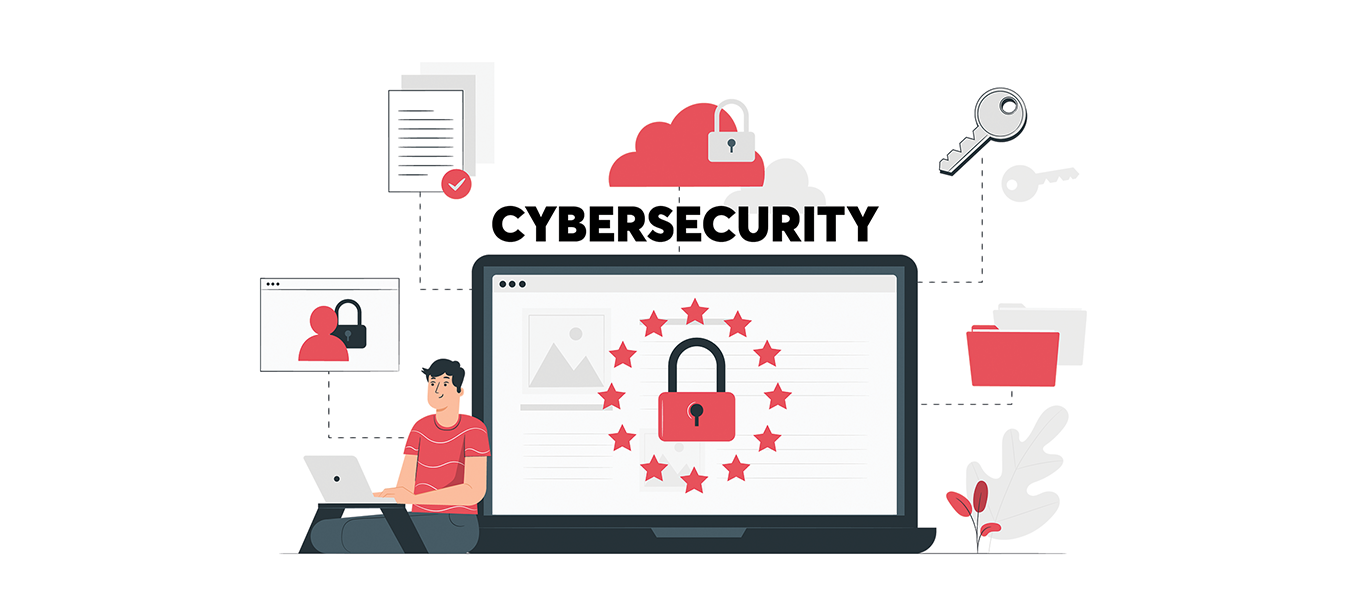Internet usage has become an indispensable part of our lives, and nowhere is this more evident than in the education sector. In the wake of the recent global pandemic, children solely relied on the internet to continue their education. Moreover, children today perceive the web as a useful resource for information, an opportunity to explore – it offers a sense of self-expression and entertainment. However, the entertainment activities of children are evolving in the digital world. Pedagogical models that address this need are still fluid, where lack of privacy and personal safety have become important issues.
With the growing internet trend, there are growing concerns about cyberbullying, identity theft, and privacy rights violations. The threat of cyberattacks is real, especially considering how much personal data is stored and shared on the cloud. Despite the dangers that come with posting personal information online, teenagers may be unaware about these risks.
The NordVPN Security Report 2021 shows that India stands behind other countries when it comes to cybersecurity, scoring 14 points below the global benchmark. This makes schools, universities and educational institutions more responsible for incorporating cybersecurity in education to better prepare students for the threats they may face.
 Importance of Cybersecurity in Education
Importance of Cybersecurity in Education
Today, everything is connected via cloud. Your phone has an IP address and links to your email account. You can access your bank account online or pay bills with your smartphone. This means that if someone intends to steal your money or identity, they don’t have to do it physically. All they have to do is hack into your computer system. Hackers use many different types of attacks against people and companies. Some of these include denial-of-service (DOS) attacks, phishing schemes, spoofing emails and social engineering techniques like pretexting (pretending to be someone else). These attacks usually aim to gain access to sensitive information so that it can be used for identity theft or financial gain.
The only way to address these concerns is to emphasize cybersecurity in education at young ages. The problem is that most parents and children view cybersecurity as a technical skill, not an academic one. However, cybersecurity is more than just knowing how to code: it’s about understanding how people behave online and how to use technology ethically. By giving the right exposure, at a young age, children will better understand how to handle information that comes their way.
A high-school-level cyber security course would teach students how to identify, prevent and defend themselves against attacks on the internet and the computer devices they use. This IT education also teaches students how to protect systems from attacks that can cause financial losses, data loss, and identity theft as well as encryption techniques and how to respond if a cyberattack occurs.
Below are three reasons why cybersecurity in education curriculum will help students:
 Cyber Security is an in-demand field that presents many Career Options
Cyber Security is an in-demand field that presents many Career Options
A study reveals that there are currently over 3.4 million open jobs in the field of cybersecurity. The main reason is that technology continues to evolve rapidly. A large part of what makes these jobs so important is the technology itself. More devices have been connected to the internet in the last few years than ever before, creating a connected network that can be used for good or ill. The sheer number of things that can be controlled remotely adds complexity to any network. This means there is an increased demand for people with technical expertise who can keep up with the latest innovations and remain ahead of the curve.
In addition, organizations are now beginning to take security more seriously than ever before. It is no longer just a side thought – it is one of the most critical factors when developing new products; especially regarding data security and consumer privacy. As a result, there is a wide range of opportunities for those interested in this field.
 Cyber Security Jobs Pay High Salaries
Cyber Security Jobs Pay High Salaries
Because of the proliferation of malware and other cyber attacks, companies are looking for ways to protect their data. As a result, they’re turning to cyber security experts to ensure their confidential data remains protected from an increasingly sophisticated threat landscape. And since there is already a shortage of qualified professionals in the field, those opting for this career path earn high salaries.
While cybersecurity programs are gaining importance and popularity in workplaces across the country, high school cybersecurity is not yet a well-established curriculum. However, the benefits of such a program create an exciting and profitable field for young people to explore and promote the correct use of technology in all sectors of society.
 The Bottom Line
The Bottom Line
While it’s understandable that parents might be wary of their children taking up such a ‘risky’ subject, it’s important to note that cybersecurity is still a very hands-on field. It won’t be long before one in every few IT professionals will work in this thriving industry. As more and more educational programs recognize the necessity of such a curriculum, the gap will narrow and hopefully close over time.

